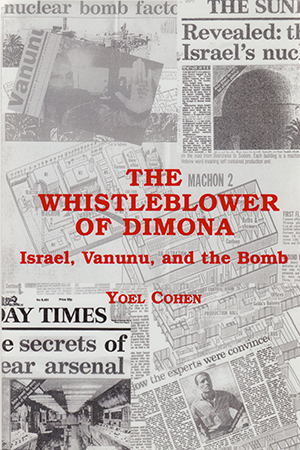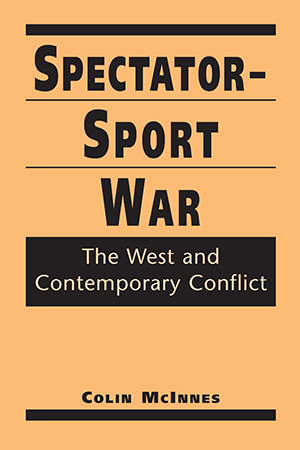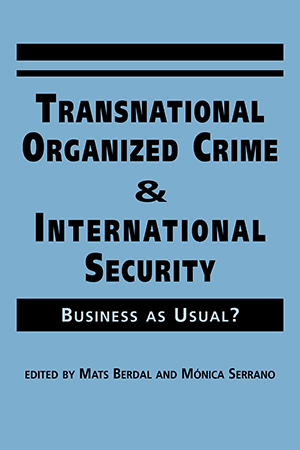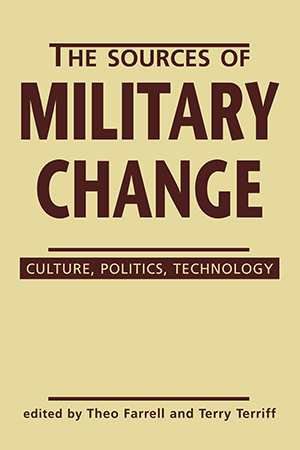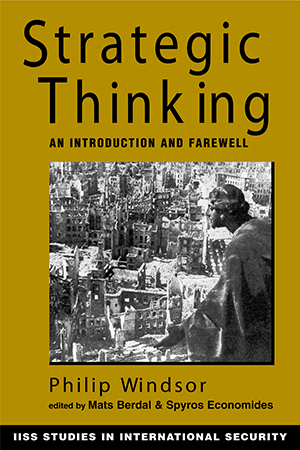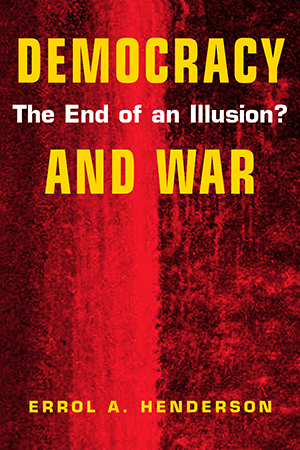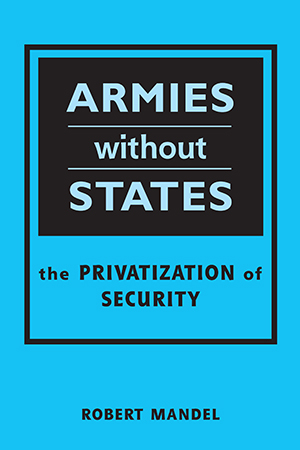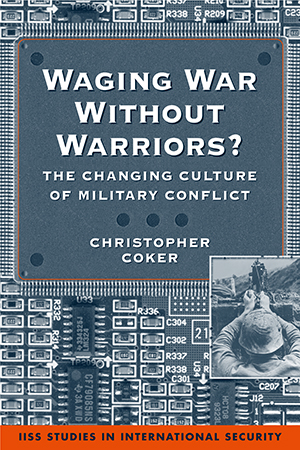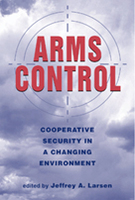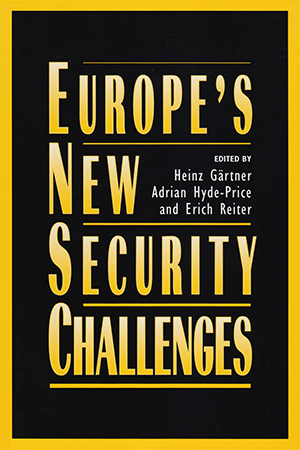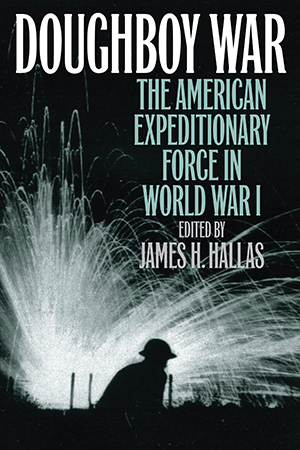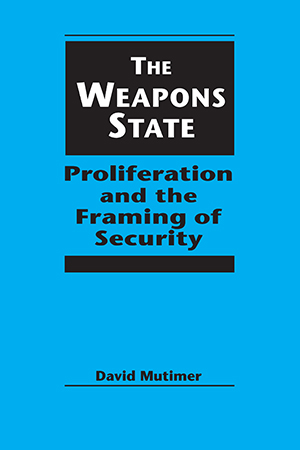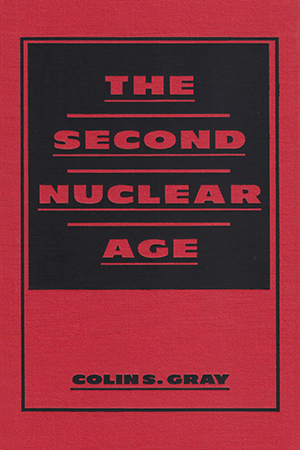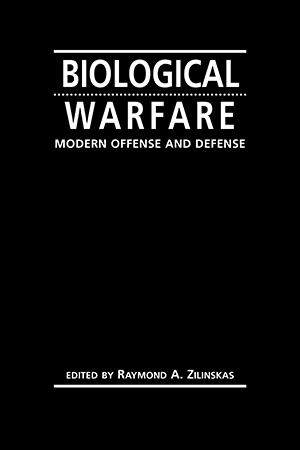Security and Intelligence Studies
In 1986, Mordechai Vanunu, a technician at Israel's highly secret nuclear arms research center at Dimona, disclosed highly classified details about Israel's nuclear arms program to More >
Following a century dominated by global conflict—and despite the unchanging nature of the human suffering it causes—the nature of war itself, argues Colin McInnes, has been More >
Though the provision of illicit goods and services is far from being a new phenomenon, today's global economic environment has allowed transnational organized crime an unprecedented More >
In varying circumstances, military organizations around the world are undergoing major restructuring. This book explores why, and how, militaries change. The authors focus on a complex of More >
In this, his final book, Philip Windsor explores the emergence, meaning, and significance of the Cold War mentality. Tracing the evolution of strategic thinking from its origins in medieval More >
Errol Henderson critically examines what has been called the closest thing to an empirical law in world politics, the concept of the democratic peace. Henderson tests two versions More >
What does the increasing use of private security forces mean for governments? For individuals? Armies Without States offers a comprehensive analysis of the varieties, causes, and More >
In the past, posits Christopher Coker, wars were all-encompassing; they were a test not only of individual bravery, but of an entire community's will to survive. In the West today, in More >
More than a decade after the end of the Cold War, the need to control the spread of arms remains clear, while the usefulness of traditional paradigms is increasingly called into question. More >
A central point of controversy among both academics and policymakers is the nature and significance of security in the post–Cold War world. Engaging that discussion, this original More >
Thoroughly examining the deliberations over NATO enlargement in twelve countries—five current members of the alliance; three invited to join in the first round of enlargement; two More >
This multi-layered history of World War I’s doughboys recapitulates the enthusiasm of scores of soldiers as they trained for war, voyaged to France, and finally, faced the harsh More >
The proliferation of all kinds of weapons (nuclear, chemical, biological, and even conventional) is emerging as a focal point for international security. This book shows how both the More >
Colin Gray returns nuclear weapons to the center stage of international politics. Taking issue with the complacent belief that a happy mixture of deterrence, arms control, and luck will More >
Recent revelations about Iraqi and Soviet/Russian biological weapons programs and highly publicized events such as the deployment of anthrax and botulinum by the Aum Shinrikyo sect in Japan More >


